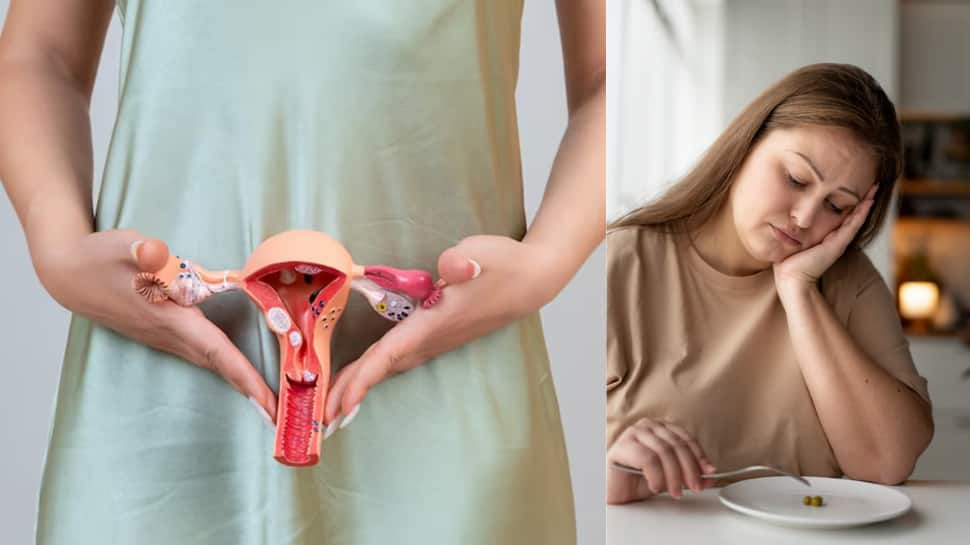Link Between Poor Oral Health, Migraines, and Body Pain in Women

A recent study has revealed a significant connection between poor oral health and chronic pain conditions, such as migraines and fibromyalgia, in women. The research indicates that women with chronic migraines and body-wide pain were far more likely to have poor oral health, with over half falling into the lowest oral health categories. This suggests that the oral cavity is not an isolated ecosystem but rather the start of a chain reaction influencing various bodily functions, including gut function and nerve sensitivity.
The study, published in the Frontiers in Pain Research journal, focused on central sensitization disorders like migraine, fibromyalgia, and functional abdominal pain. Researchers from the University of Sydney followed women in New Zealand, tracking their pain levels and oral health. They collected saliva samples to analyze their oral microbiome and used the World Health Organization’s (WHO) adult questionnaire to evaluate oral health status. The results showed that women with the worst oral health experienced greater body pain and were more likely to suffer from chronic migraines.
One of the most important discoveries was the significant overrepresentation of certain bacteria in women reporting severe body and head pain. Specific oral bacteria, including Mycoplasma salivarium, Parvimonas micra, Solobacterium moorei, Dialister pneumosintes, and Prevotella denticola, were found to be highly associated with worse pain. These bacteria are known pathogens linked to various oral and systemic issues, including halitosis, periodontal disease, and TMJ disorder.
The study also found that a less diverse oral microbiome was present in women with migraines and abdominal pain. This microbial imbalance, or dysbiosis, allows harmful bacteria to dominate, leading to a cascade of inflammatory signals that heighten pain responses throughout the nervous system. Inflammatory chemicals released by oral microbes, such as substance P, calcitonin gene-related peptide (CGRP), and vascular endothelial growth factor (VEGF), are known to enhance nerve sensitivity and trigger migraine attacks. These findings highlight how poor oral hygiene can set off whole-body pain responses.
Given these connections, the article suggests several actionable steps to improve oral microbiome health and potentially reduce chronic pain. These include avoiding harsh antiseptic mouthwashes, using a gentle, fluoride-free toothpaste, and incorporating a tongue scraper into daily oral hygiene routines. Oil pulling with coconut oil, known for its antibacterial and antiviral properties, is also recommended. Regular dental check-ups and professional cleanings are essential for identifying and addressing oral health problems early.
Dietary changes are also crucial. Cutting out refined sugar and processed snacks that feed pathogenic bacteria is advised, along with spacing out meals and focusing on whole, unprocessed foods. The article recommends using natural fats like tallow, ghee, or grass-fed butter instead of unhealthy vegetable oils. It also emphasizes the importance of fixing gut health, as bacteria can travel between the gut and mouth. For women, being aware of how hormonal changes during life stages like menopause can affect oral health is also vital.
In conclusion, the article underscores the deep connection between oral health and overall well-being, particularly in women experiencing chronic pain. By optimizing the oral microbiome through targeted hygiene practices and dietary adjustments, individuals may find a missing piece in their pain recovery journey.
Recommended Articles
Innocan Pharma Highlights Review on Liposomal CBD for Chronic Pain

Innocan Pharma has announced a peer-reviewed publication in Cureus journal highlighting the therapeutic potential of lon...
Endometriosis, Eating Disorders, Mental Health Connection

This article explores the deep connection between endometriosis and eating disorders, highlighting the psychological and...
Dietary Changes and Endometriosis Pain Relief

A recent survey reveals that dietary changes can significantly impact endometriosis pain, with many women finding relief...
Comprehensive Insights into Gut Health and Microbiome

Discover how your gut microbiome acts as your body's command center, influencing everything from immunity to hormones an...
World Digestive Health Day 2025 Emphasizes Natural Gut Health Strategies

Optimal gut health is foundational for overall well-being. On World Digestive Health Day, learn about key dietary choice...
You may also like...
Diddy's Legal Troubles & Racketeering Trial

Music mogul Sean 'Diddy' Combs was acquitted of sex trafficking and racketeering charges but convicted on transportation...
Thomas Partey Faces Rape & Sexual Assault Charges

Former Arsenal midfielder Thomas Partey has been formally charged with multiple counts of rape and sexual assault by UK ...
Nigeria Universities Changes Admission Policies

JAMB has clarified its admission policies, rectifying a student's status, reiterating the necessity of its Central Admis...
Ghana's Economic Reforms & Gold Sector Initiatives

Ghana is undertaking a comprehensive economic overhaul with President John Dramani Mahama's 24-Hour Economy and Accelera...
WAFCON 2024 African Women's Football Tournament

The 2024 Women's Africa Cup of Nations opened with thrilling matches, seeing Nigeria's Super Falcons secure a dominant 3...
Emergence & Dynamics of Nigeria's ADC Coalition

A new opposition coalition, led by the African Democratic Congress (ADC), is emerging to challenge President Bola Ahmed ...
Demise of Olubadan of Ibadanland
Oba Owolabi Olakulehin, the 43rd Olubadan of Ibadanland, has died at 90, concluding a life of distinguished service in t...
Death of Nigerian Goalkeeping Legend Peter Rufai

Nigerian football mourns the death of legendary Super Eagles goalkeeper Peter Rufai, who passed away at 61. Known as 'Do...